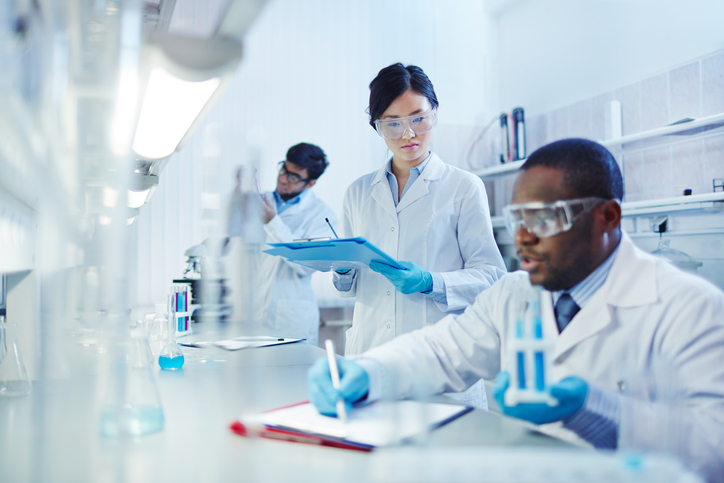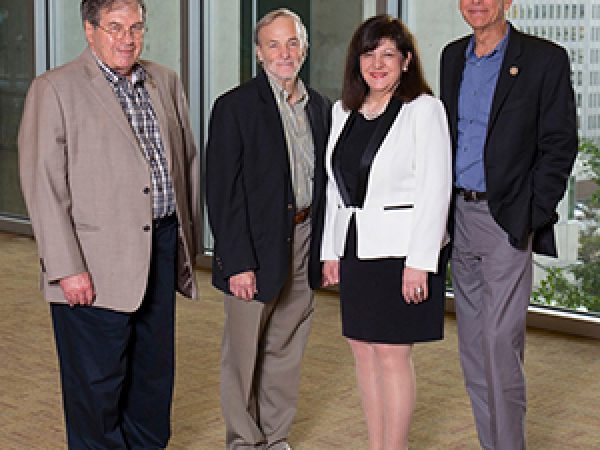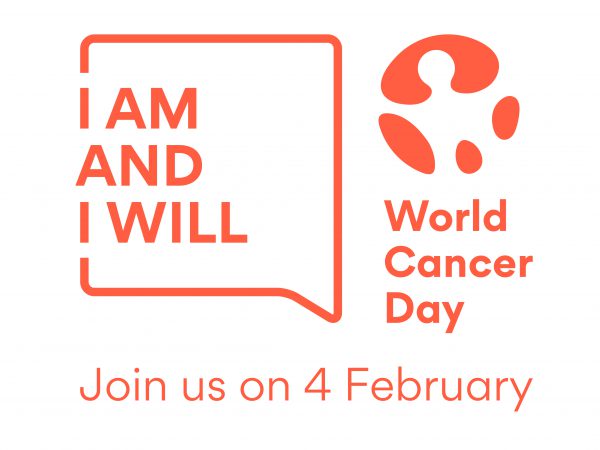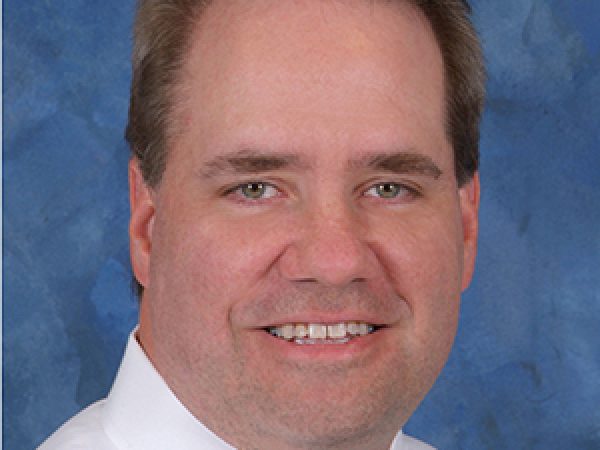AACR COVID-19 and Cancer Virtual Meeting: Cancer Researchers Shift Focus to the Pandemic
In the global battle against the COVID-19 pandemic, cancer researchers are proving to be formidable forces.
Armed with deep knowledge of virology, genomics, and immune response, sometimes working alone in laboratory space that recently bustled with cancer researchers, many scientists have shifted their focus to studying SARS-CoV-2, the virus that causes COVID-19.
The transition has sparked a reimagining of the potential in collaborative, interdisciplinary research, said participants in a panel discussion during the AACR Virtual Meeting: COVID-19 and Cancer.
“It has been rewarding to see how cancer researchers across the board, from early-career investigators to very seasoned scientists, have rolled up their sleeves to make scientific contributions that may help overcome the crisis sooner, with fewer casualties and less societal damage,” said Dafna Bar-Sagi, PhD, FAACR, chief scientific officer of NYU Langone Health in New York City.
“This redeployment is not only justified; it is a moral obligation,” she said.
Since COVID-19 began spreading throughout the United States in March, forcing a shutdown of many workplaces, including research labs, cancer scientists have taken on a wide array of challenges, panelists said. For example, researchers are studying how drugs designed to fight cancer can be repurposed to treat patients with COVID-19; they are examining how patients with cancer fare if they contract COVID-19; they are evaluating biomarkers to determine which patients might experience the most severe complications of the virus; and they are lending their experience in developing clinical trials to study potential treatments and vaccinations.
In many ways, the cancer research community is well equipped to study COVID-19, said Thomas Lynch, MD, president and director of the Fred Hutchinson Cancer Research Center in Seattle. He said about one-third of the research conducted at Fred Hutch is based in virology.
“We were able to pivot our HIV researchers and many of our cancer researchers quickly to work on COVID,” he said. “The infrastructure was already in place to do things like rapid sequencing of viral samples.”
J.T. Poirier, PhD, an assistant professor at NYU Langone and director of the Perlmutter Cancer Center Preclinical Therapeutics Program, said he had a similar experience. Having previously studied oncolytic viruses, he applied knowledge from a past collaboration to current research on COVID-19.
“That has allowed me to keep my lab running,” he said. “I am balancing some of my original career aims with what is important right now.”
Anna Barker, PhD, chief strategy officer at the Ellison Institute for Transformative Medicine at the University of Southern California, described how the I-SPY 2 clinical trial, which has been instrumental in testing neoadjuvant treatments for breast cancer, is now providing a framework to test treatments for acute respiratory distress syndrome (ARDS), a severe complication of COVID-19. Treatments for ARDS are being tested in more than 20 I-SPY 2 clinical trial sites.
“Because we had a trial structure already in place, we secured institutional review board approval in six weeks,” Barker said. “There are now four drugs ready to go and six in the pipeline.”
A changing climate for scientific research?
Several panelists pondered whether some of the changes that have spurred the first wave of progress against COVID-19 might stick, ultimately transforming the process of cancer research.
Shiva Malek, PhD, senior director and principal scientist at Genentech, noted that several vaccines against the SARS-CoV-2 virus have quickly progressed through early-stage clinical trials. If phase III trials are successful, a coronavirus vaccine could be available in late 2020 or early 2021, whereas cancer drugs generally take many years to come to market.
“This tells us that we can accelerate the drug discovery process more than we’ve ever dreamed of,” Malek said.

Tyler Jacks, PhD, FAACR, of the David H. Koch Institute for Integrative Cancer Research at Massachusetts Institute of Technology, said COVID-19 has stimulated an interest in collaboration that may change the way researchers work to secure credit for their work. He envisioned hiring practices in which candidates for research positions might describe the content of the work they did, rather than citing credits as a lead author.
“When we’re looking to hire new investigators, we will have to evaluate them on the basis of their contributions, not solely their CV or their publications,” he said. Jacks and colleagues applauded the increased availability of open-source studies, which they said have helped hasten the dissemination of data on COVID-19.
Working toward progress for all patients
The researchers in Tuesday’s panel said the continuing efforts to control the COVID-19 pandemic present many opportunities to improve elements of the United States health care system, as well as the cancer research community.
For example, noted Lynch, “If we truly had integrated electronic medical records data, maybe we would have been able to discern more quickly which COVID patients were at risk of severe illness,” based on medical history and comorbid conditions.
All agreed that the collaborative spirit that cancer researchers have shown in their willingness to participate in research on COVID-19 should continue.
“There’s a lot of enthusiasm right now for the idea of crowd-sourcing knowledge and embracing interdisciplinary research,” said Barker, who is chair of the AACR’s Scientist↔Survivor Program. “If we can carry this forward into cancer research, things can really change, and we need to include patients in the process to ensure that they benefit.”
Jacks expressed awe at the urgency that has underpinned the fight against COVID-19, and hope that it will inform the next wave of progress against cancer.
“Shouldn’t we bring that sense of urgency to the problem that defines our day job? Namely, cancer?” he asked. “We should be fighting cancer in the same way, as if it is a mortal threat, every day.”



